Power vs. Privacy: Landowner Sues Game Wardens, Challenges Property Intrusion
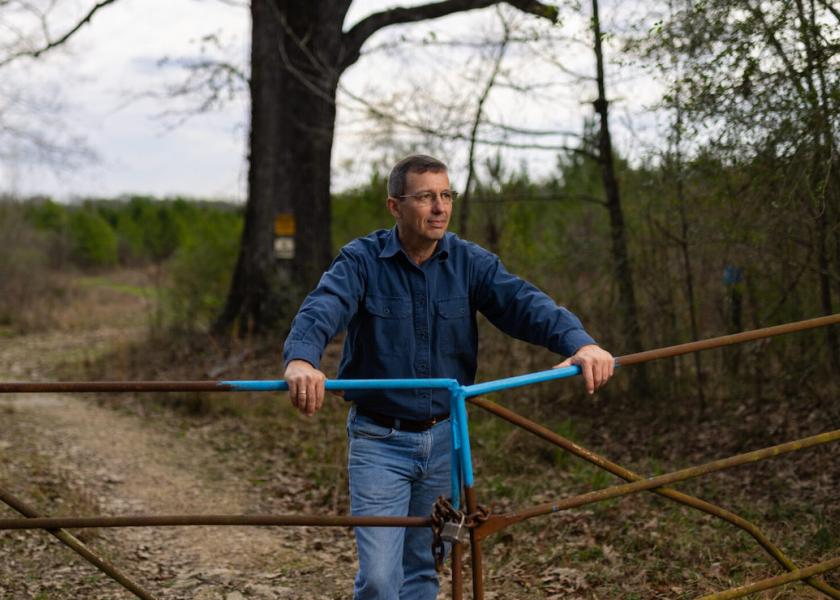
“Why don’t you give me your gun and I’ll unload it?”
Standing in the middle of his own farm property, Tom Manuel’s body bristled at a question laced with direction from an armed game warden who possessed no search warrant or probable cause.
“No sir. I’m not giving you my gun,” Manuel answered. “This is my land. This is my rifle. I have every right to it.”
Welcome to a fundamental property rights battle taking place across the United States. Government officials, at both the state and federal levels, claim power over entrance, exit, searches, and surveillance on private land—all without warrant, cause, reasonable suspicion, or Fourth Amendment restrictions.
Stemming from the Open Fields doctrine, a century-old Supreme Court ruling, government officials including wildlife agents, environmental inspectors, immigration officials, and other agency reps, have unbounded access to private land with no restrictions on time, frequency, duration, or scope.
Represented by Institute for Justice, Manuel has filed a lawsuit to end warrantless intrusions in Louisiana, the fourth state after Tennessee, Pennsylvania, and Virginia to see recent challenges to the Open Fields doctrine. “Think about where we are,” he says. “With absolutely no warrant or reason, the government can enter your property and stop you, spy on you, search you, and stay as long as they like—and we’re supposed to accept that as constitutional. Something has gone way, way off in this country.”
Hunting or Not
On the morning of Dec. 6, 2023, Manuel went deer hunting and spotted several does and bucks—but nothing he wanted to harvest. At roughly 9:30 a.m., Manuel climbed out of a stand and began slipping through bottomland hardwood forest in East Feliciana Parish, Louisiana, surrounded by pine plantations and homesteads to the east and north, soybean fields to the west, and a 400-acre sod farm to the south.
A career professional forester and wildlife biologist, Manuel walked across his 240-acre tree farm and headed for a Toyota Tundra 4WD, parked approximately 250 yards inside his property gate.
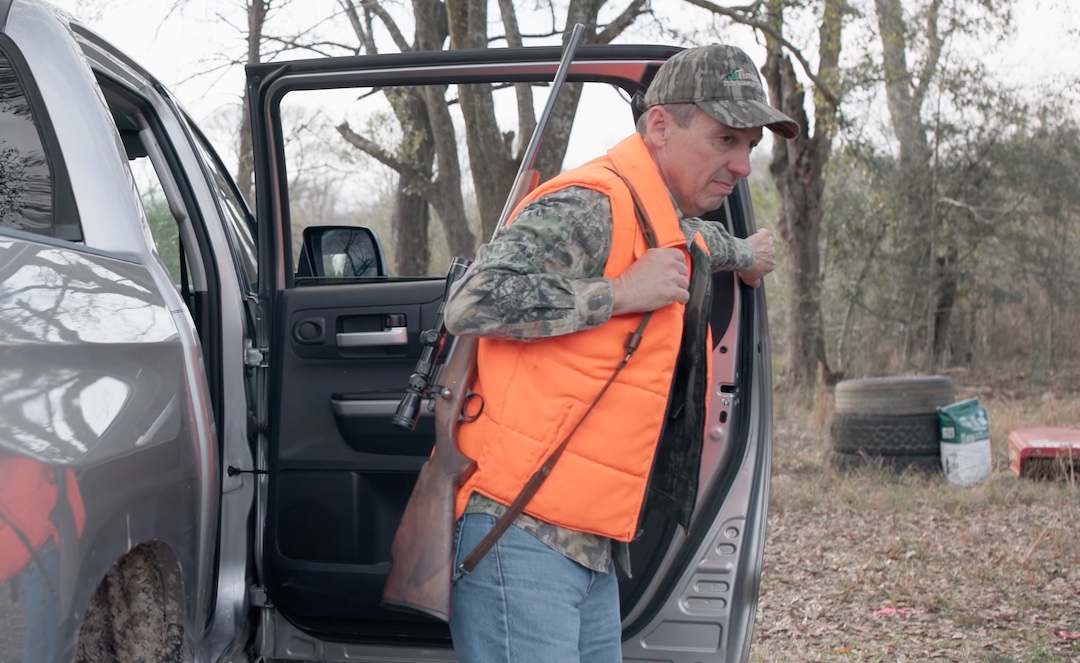
Approaching the truck, he noted a Louisiana Department of Wildlife and Fisheries (LDWF) vehicle and a single wildlife officer behind the wheel. The officer exited the LDWF vehicle.
“I said, ‘Can I help you?’ and the game warden answered, ‘No. I’m just here to check you,’ Manuel recalls. “I didn’t like that, but he was cordial. I told him, ‘The public road stops at my gate, and I’d have appreciated if you waited there, but I’ll put my gun in my truck and then I’ll talk to you.’”
The wildlife officer asked for the rifle to unload the firearm, according to Manuel. “I’m on my own land, facing no warrant, charges, or accusations, but I’m with an armed guy I don’t know who wants my gun. Just me and him alone in the woods on my private property.”
Manuel declined the request: “The game warden said, ‘It just makes my job safer,’ but in that moment, it sure didn’t make me safer and it broke every safety measure I know to hand someone a loaded gun. He didn’t like my answer, but he backed off.”
Unchambering a round from the .270, Manuel placed the rifle in the Tundra’s passenger seat, muzzle pointed to the floorboard.
The LDWF officer then verified Manuel’s electronic deer tags and did not issue a citation. Check completed, Manuel asked for probable cause. The officer, per Manuel, responded, “The fact you’re hunting is all the probable cause I need.”
“One, there was no way he knew if I was hunting or not,” Manuel says. “Two, hunting is not illegal.”
Despite his concerns, Manuel continued with deer season and put the private property rights issue to rest. Three weeks later, it happened again.
No Coincidences?
On a Saturday morning, Dec. 30, 2023, Manuel shot a buck and recorded his kill via LDWF’s text-to-tag. With his one-buck per day limit filled, Manuel’s brother took the afternoon hunt on the 240-acre tree farm.
When Manuel’s brother exited the woods, two LDWF wildlife officers—both different from the Dec. 6 check—were parked at his vehicle on the private property. As on Dec. 6, they asked questions, but issued no citations.
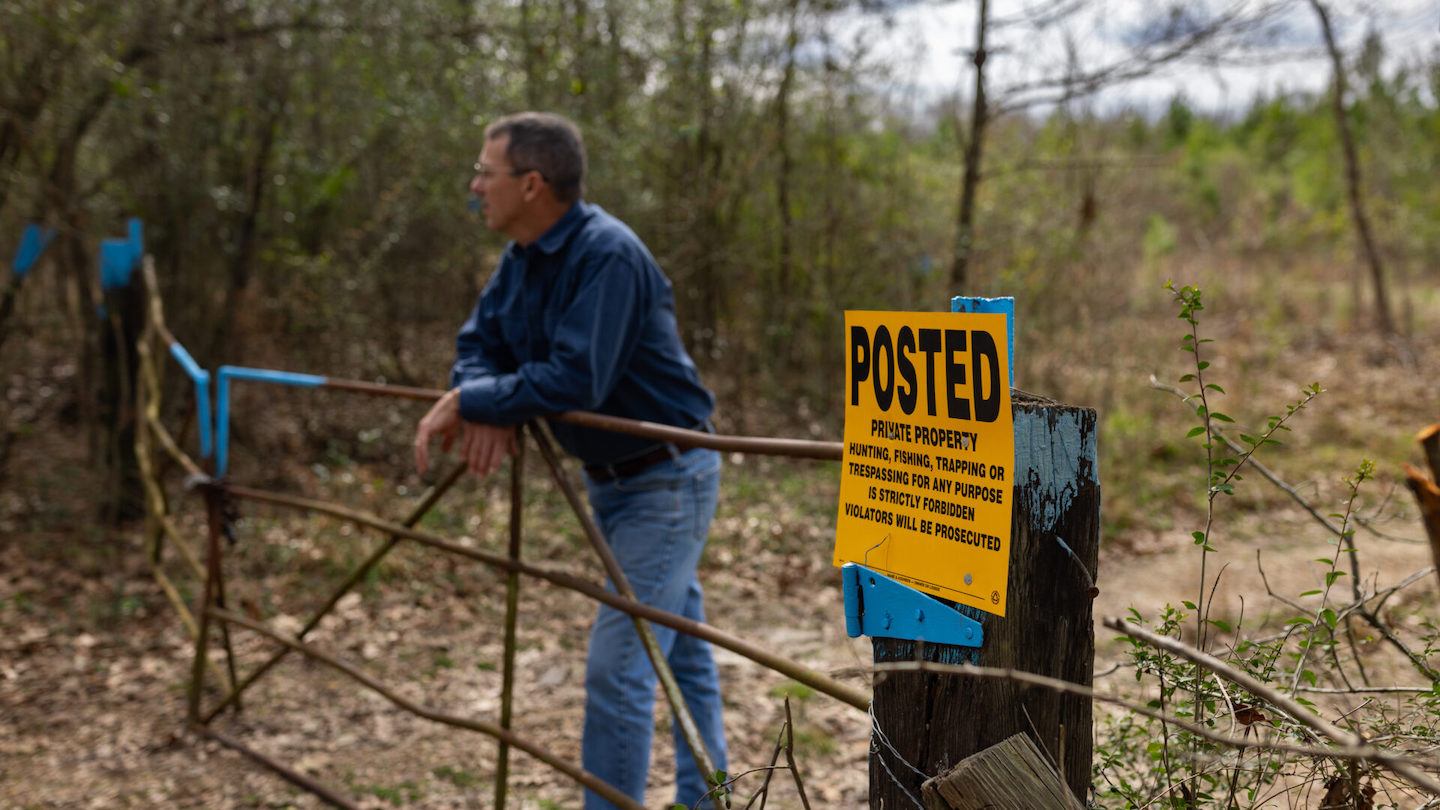
“My wife and I were heading to a friend’s farm to eat gumbo, when I got a text from my brother telling me two game wardens were on our land,” Manuel recalls. “I turned my truck around and was there in 10 minutes.”
On Manuel’s arrival, the LDWF officers were pulling off the private property and onto the public road. “I got my phone out and recorded while we spoke,” Manuel explains. “It was all cordial, but direct.”
“I wanted to know why they were on my land. They came on Dec. 6; they came on Dec. 30; I’d just killed a buck earlier in the day; three different game wardens; and another surprise entrance onto my private property. But I was supposed to believe it was all random and coincidence. Well, I don’t believe it. I think they came looking for a violation because I had questioned the authority of the first warden.”
(LDWF did not respond to Farm Journal questions regarding the Tom Manuel lawsuit. LDWF did not respond to Farm Journal questions about LDWF’s Open Fields policy.)
As Manuel continued asking for explanation, one of the LDWF officers stated the situation was “just like dove season 2019,” referencing a citation Manuel received over four years prior.
Manuel calls the LDWF officer’s mention of dove season “outrageous.”
“In 2019, I was invited to a dove hunt. I showed up and saw no bait, period, around me. I killed my limit, picked up my shells, and again, saw absolutely no bait. However, the landowner allegedly baited the opposite end of the field, and I ended up with a ticket. Everyone who accepted the invitation to hunt that day received a ticket.”
“Fast forward four plus years, and a game warden shows up on my land on the very day I kill a buck, makes a veiled threat and tells me he knows who I am and therefore needs to watch me on my private property because of the only hunting citation of my life—a dove ticket from half a decade before. That’s outrageous behavior.”
“What happened to our state constitutions and the Constitution?” Manuel asks. “I’m supposed to pretend the law allows government officials to enter private land, stay as long as they want, use drones, use night vision, use cameras, and whatever other activity they choose, all without any approval from a judge or a warrant or cause? Who in the heck believes that’s justified by Open Fields?
“It Wouldn’t Even Require Reasonable Suspicion”
Per the Fourth Amendment, passed as part of the Bill of Rights in 1791, Americans rely on a guarantee of security in their “persons, houses, papers, and effects, against unreasonable searches and seizures.” However, the federal government contends Fourth Amendment protections do not extend to land.
Where does such sweeping authority derive? The Open Fields doctrine, erected in two Supreme Court (SCOTUS) cases separated by 60 years.
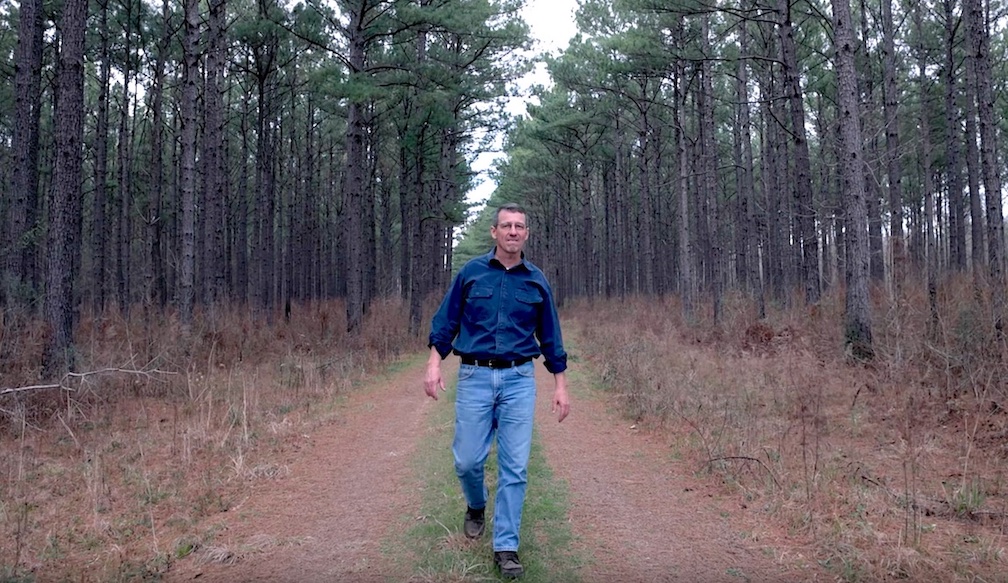
In 1924, SCOTUS birthed the Open Fields framework in a Prohibition-era case involving illegal liquor, Hester v. United States, and declared: “the special protection accorded by the Fourth Amendment to the people in their ‘persons, houses, papers, and effects,’ is not extended to the open fields.”
Doubling down in 1984, SCOTUS added weight to the Open Fields doctrine in a marijuana case, Oliver v. United States. Despite ultimately ruling in favor of Open Fields, SCOTUS justices revealed constitutional truths while questioning Assistant Attorney General Wayne Moss, who supported Open Fields.
Justice Byron White: So that in your view there is just nothing a landowner can do outside the house to invoke Fourth Amendment protections…If the landowner himself out there with a gun cannot keep them out or cannot create any expectation of privacy, nothing can.
Moss: That is our position, and I would like to explain that.
Justice John Paul Stevens: May I just ask, also, that doesn’t even require probable cause as I understand you.
Moss: Correct, yes.
Justice John Paul Stevens: It wouldn’t even require reasonable suspicion.
Direct from the mouth of Stevens, Open Fields doesn’t “require reasonable suspicion,” thereby removing all legal thresholds for the government to enter private land. According to Stevens and SCOTUS, the Fourth Amendment protects homes, surrounding lawns, and immediate, adjacent structures or sheds, but beyond that perimeter, federal officials have an open door to enter and surveil all private land in the U.S.—farmland, timberland, hunting ground, pasture, and recreational acres.
Significantly, in both Hester and Oliver, policemen and revenue officers were involved, not wildlife officers. Which government departments and agencies have total access to private land? All of them, according to Open Fields: USDA, DOJ, FBI, Interior, Treasury, FWS, EPA, Bureau of Land Management, Corps of Engineers, and many more beyond wildlife officers. All.
Russian Whiskey
Seven states place state constitutional protections above the Open Fields doctrine: Mississippi, Montana, New York, Oregon, South Dakota, Vermont, and Washington. (Since 2020, lawsuits challenging Open Fields have been filed in Tennessee, Pennsylvania, Virginia—and now, Louisiana.)
“I had heard about Open Fields and I figured the issue would get to Louisiana at some point, but I sure didn’t want to be that guy, but then it happened on my ground,” Manuel says. “The public reaction here has been overwhelmingly in support of my stance, because people know we have a deep problem.”
In 2024, partnered with Institute for Justice (IJ), Manuel sued LDWF for warrantless intrusions based on the Louisiana State Constitution’s guaranteed property protections, explicitly stated in Article l, Section 5: Every person shall be secure in his person, property, communications, houses, papers, and effects against unreasonable searches, seizures, or invasions of privacy.
“The Louisiana Constitution protects all ‘property’ from warrantless searches, and that includes land,” said attorney James Knight in an IJ release. “That may seem obvious, but misguided U.S. Supreme Court precedent has convinced state officials that they can invade private land at will.”
Among the defendants listed in Manuel’s lawsuit is Madison Sheahan, recently-appointed secretary of LDFW, included in her official capacity. Prior to her position as the head of LDFW, she was a political analyst for South Dakota Gov. Kristi Noem in 2022, and the South Dakota Republican Party's executive director in 2023.
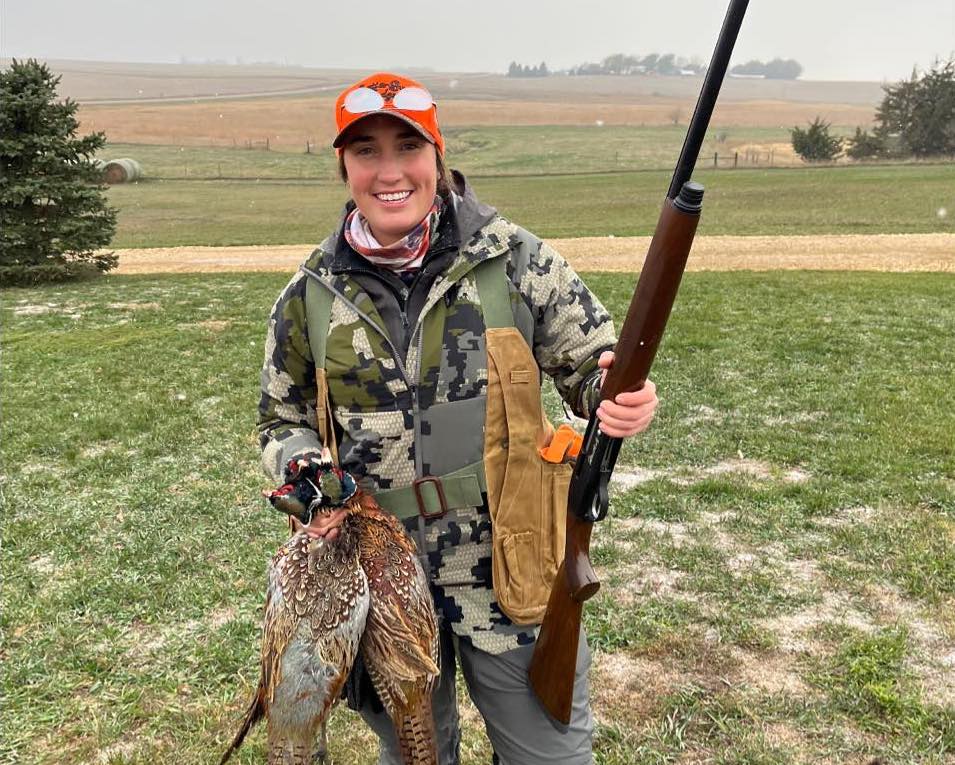
In 2021, South Dakota’s state legislature passed a law prohibiting wildlife officers from entering private land without a warrant, probable cause, or reasonable suspicion. Ironically, Sheahan, an enthusiastic hunter, had stronger legal protection on private land while a resident of South Dakota than the citizens of Louisiana—whom she serves—currently possess in the Pelican State.
“How did we get to a point,” Manuel asks, “where back in 1924, some judges said it’s ok for law enforcement to go on someone’s property to get whiskey, and now 100 years later any government official can do anything they want on your land?”
“Sometimes I hear people say, ‘If you have nothing to hide then you shouldn’t be worried about the government doing whatever it wants on your private land,’” Manuel concludes. “Seriously? People who say that should try living in Russia.”
For more articles from Chris Bennett (cbennett@farmjournal.com or 662-592-1106), see:
Corn and Cocaine: Roger Reaves and the Most Incredible Farm Story Never Told
American Gothic: Farm Couple Nailed In Massive $9M Crop Insurance Fraud
Priceless Pistol Found After Decades Lost in Farmhouse Attic
Cottonmouth Farmer: The Insane Tale of a Buck-Wild Scheme to Corner the Snake Venom Market
Tractorcade: How an Epic Convoy and Legendary Farmer Army Shook Washington, D.C.







